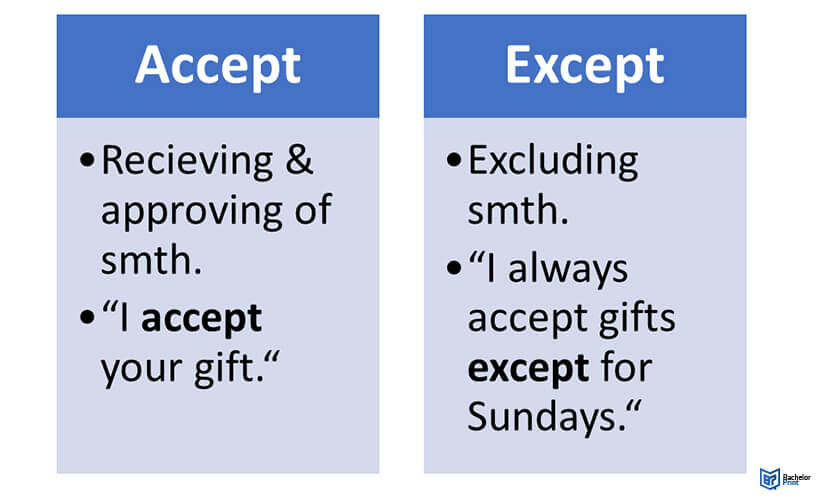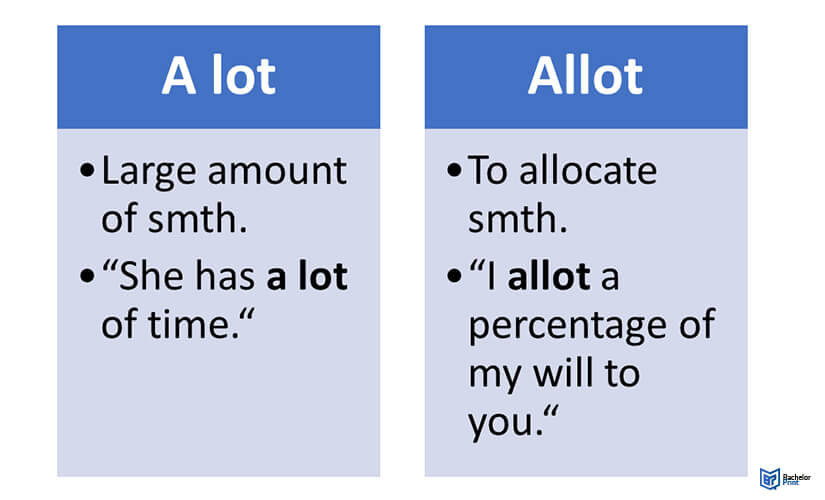
In linguistics, the language rules are the principles that govern the syntax, pronunciation, word formation, and other elements of the English language.
In prescriptive grammar, English language rules are statements regarding the “correct” or conventional forms of words and phrases in English.
Definition: Language Rules
The above paragraph is the formal explanation of language rules. In simple terms, there are two types of language rules in English – those that are important – i.e. breaking them will lead to ineffective or incorrect communication and not-so-important rules – i.e. getting it wrong won’t have any impact other than giving the impression that English might not be your native language.
One of the less important grammatical language rules states that if a noun starts with a vowel rather than a consonant, you should place the article ‘an’ in front of it rather than ‘a’. However, saying ‘a orange’ or ‘a egg’ is still comprehensible; it just sounds clumsy.
A well-known English linguistic rule is ‘i before e except after c‘. This is a mnemonic to help with spelling words with the digraph ‘ie’ or ‘ei’. However, it only works when the represented sound is ‘ee’, and there are too many exceptions to make this a valuable tool.
- ✓ 3D live preview of your individual configuration
- ✓ Free express delivery for every single purchase
- ✓ Top-notch bindings with customised embossing

Language rules: Punctuation
There are many language rules concerning punctuation, many of which have already been explained. Here is some further guidance:
- Do not put a non-breaking space before your exclamation points, question marks, or double punctuation marks;
- Always use commas in listings;
- Always be consistent with formatting, especially with the style of speech marks.
Language rules: Capitalization
Capitalization language rules are straightforward. Capital letters at the start of sentences, and for nationalities, names, place names, months, proper nouns, events (e.g. battles), titles, and trademarks. Do not capitalize after a colon or semicolon unless the word is a proper noun.
Language rules: Sentence structure
Each sentence must have a subject – the place, person, idea, or object that’s performing an action in the sentence.
The remainder of the sentence is known as the predicate.
One of the most important language rules is that sentence subjects and predicates must agree.
Language rules: Verbs
The language rules or conjugation of verbs in English reflect three elements: subject, tense, and mood.
| Definition | Example | |
| The subject | can be singular or plural and can be the first person, second person, or third person | “I”, “we”, “you”, “he”, “she”, “it”, or “they” |
| The tense | English verb tenses include different forms: Past, present, and future. | “He liked the dog.” “He likes the dog.” “He will like the dog.” |
| The mood | The term "mood = humour" generally refers to the attitude of the speaker towards his subject. | The different “moods” include indicative, subjunctive (rare in English), conditional, and imperative. |
Language rules: Word choice
Word choice language rules refer to the use of effective and accurate language that expresses information functionally and enlightens the reader.
Articles
The English definite article is the, which is usually pronounced [ðə]. When the precedes a word that begins with a vowel, a silent h or an u that is pronounced [ju], it is pronounced [ðı].
Prepositions
Generally, the preposition by is used to describe how one travelled; the prepositions in and on describe the presence of a vehicle. In the case of a vehicle with limited places (a car, a plane), the preposition in is required: I came by bike. (I came by bike.)
Pronouns
It is necessary to pay attention to the third person singular pronouns (he, she, it, one), the choice of which is made strictly in relation to the real gender (and not the grammatical gender) of the noun.
In particular, note that the feminine personal pronoun she/her/hers is used only with persons of the female sex (a lady, etc.) or with some animated or mobile beings to whom one grants, or whose one recognizes, femininity (e.g. dog, cat, ship). The object pronoun is also used after prepositions.
Do not confuse the possessive pronoun (which is used instead of a noun) with the possessive adjective – last column – (which qualifies a noun).
Conjunctions
In English language rules, there is a mnemonic to memorize coordinating conjunctions: FANBOYS (for, and, nor, but, or, yet, so).
Commonly confused words
except and accept
Accept has several meanings, including agreeing, believing, assuming, enduring, and consenting; Except means to exclude.


a lot, allot, alot
Let’s start with the fact that the word alot does not exist. If you want to talk about a large number of people, use a lot. If you nasty, allocate, use allot.
Overview of all language rules articles
FAQs
Here are some of the most common language rules:
- All sentences should begin with a capital letter.
- Sentences must end with a full stop or another form of terminal punctuation, such as a question mark or exclamation point. Question marks are only used for interrogative sentences.
- Colons and semi-colons are not interchangeable.
- A sentence must have a subject and a verb (an object is optional).
- The form ..or must be used to express a positive alternative.
Example: Either we meet at the restaurant, or we go straight to the cinema.
Either may be used alone in a negative sentence, meaning ‘either’. It is then usually placed at the end of the sentence.
Example: Hilary’s not going, and I’m not either.
Either may also be used alone in an affirmative sentence when it means ‘one and the other’.
Example: I like both coffee and tea, so I’ll take either.
- Neither is never used in a negative sentence because it would then form a double negative.
The form neither …nor is used to link two negative ideas in the same sentence.
Example: My work is neither very interesting nor very well-paid.
Neither…nor used at the beginning of a sentence or a phrase expresses the negation ‘… either’. Neither…nor must then be directly followed by the auxiliary.
Example: My work is not very interesting, neither is his.
Neither can be used alone in an affirmative sentence with the meaning of ‘…either’.
Example: I don’t like rugby, and I don’t like football. So let’s do neither.
Brackets add clarification to a sentence.
As well as words at the start of sentences, proper nouns should always be capitalized. These include place names, months, names, rivers, and mountains.
